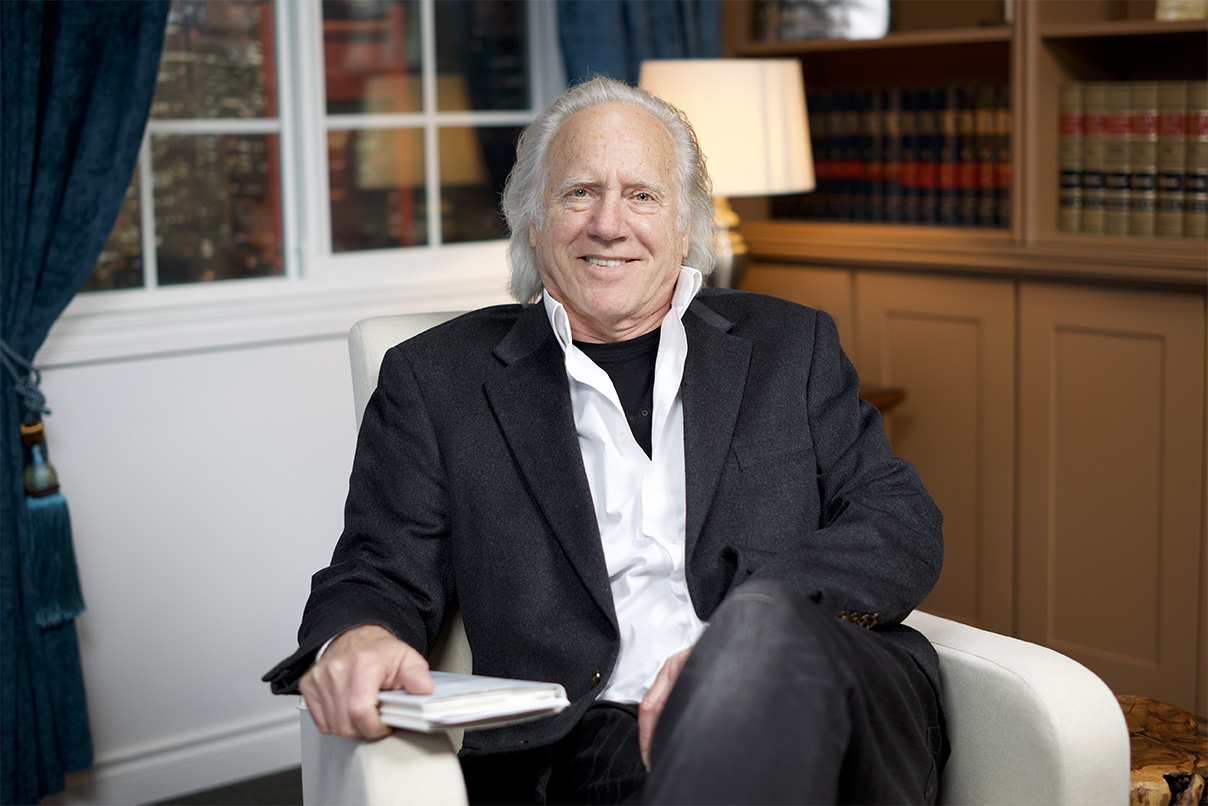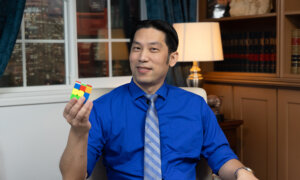How do science and literature relate to today’s culture? Robert Harrison, a professor of French and Italian literature at Stanford University, explains on EpochTV’s “Bay Area Innovators” program how the two are intertwined.
“Galileo, for example, who belongs mostly to the physics department, was an extraordinary writer,” said Harrison. “Many of the even the more modern scientists like Alessandro Volta, who was so important, you know, for the electricity, was a poet as well. And then when you look at the more literary figures, people like Dante, who wrote ‘The Divine Comedy.’ He was much more than a poet, he also was at the vanguard of the astronomy of the Middle Ages, the physics and the architecture.”
The professor encourages students to pay close attention to readings and be passionate about taking in the complex works of literature.
“I think love is the currency of education and learning. That if you don’t love mathematics, you’re not going to become a really good mathematician. If you don’t love literature, you’re not going to succeed to the same degree in the learning process,” he said.
Harrison pointed out that people during the Renaissance era who started opera were enthusiastic about Greek and Roman antiquity. In an effort to imitate the ancients, they decided to write tragedies in the old Greek way and turn them into songs. One of the first people to create Italian opera was Galileo’s father, Vincenzo Galilei. He was part of a scholarly society called Florentine Camerata, which studied arts, drama, and music. Together, he and a group of scholars put together one of the first complete operas called Orpheus and Eurydice.
For Harrison, his passion for promoting French literary and intellectual culture earned him the title Chevalier, or Knight, by the French government in 2014. All his books have been published in French, and he has given lectures at the College de France in France. As his efforts became more known, he caught the attention of someone from the Ordre des Arts et des Lettres and was nominated before receiving the title.
He also is a member of the American Academy of Arts and Sciences and the author of several books, including “Juvenescence,” which examines the paradox of a society that worships youth but often fails to nurture it.
While Socrates is an example Harrison brought up of someone full of paradox and contradiction, he pointed out that Socrates maintained a youthful attitude even in his older years. Therefore, he related to his disciples, and they loved him.
“That’s why he was a good teacher. The teacher is somehow in between youth and older age, and, therefore, can serve as someone who can induct the young into stages of life that are beyond them,” he said. “Because if you surrender the youthful spirit, it’s very hard to inspire that love in students.”
Harrison finds today’s cultural contradictions both fascinating and troubling.
“You have CEOs at age 25 and 60-year-olds skateboarding in San Francisco,” he said. “We live in a society where youth has become the model of emulation for the elders. This is a momentous Cultural Revolution. I mean, never before that I know of has the young served as the model for the older people—it’s always been the other way around.”
He said the youth needs to have leisure time and to be nourished by nature but that nowadays, most are addicted to cell phones. Moreover, he described the “generational segregation” that causes further disconnect, wherein children spend most of their waking time in school, parents at work, and grandparents and seniors in care facilities.
Worried that each new generation is deprived of more and more, Harrison is concerned that the youth will eventually forget the existence of a culture of history, art, and literature.
“The greatest blessing a society can confer on its young is to turn them into the heirs, rather than the orphans of history,” he said. “For heirs rejuvenate the heritage by creatively renewing its legacies. Orphans, by contrast, relate to the past as an alien, unapproachable continent, if they relate to it at all.”









